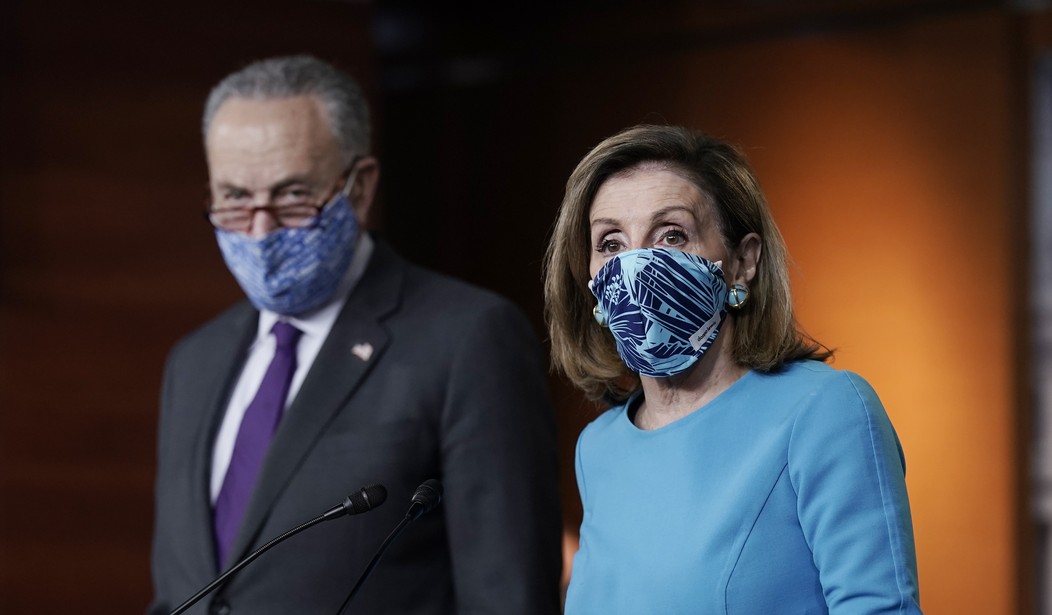Inflation is a regressive tax on the middle class and the poor. It destroys real income in order to reduce the real cost of debt service — until creditors revolt, and demand an extra risk premium for lending to profligate governments. Below is my most recent column at Asia Times:
US inflation explodes in April with worse to come
US inflation is set to explode after massive fiscal stimulus measures. Image: iStock
NEW YORK – A 10% surge in used car prices pushed the “core” US Consumer Price Index (CPI) up by 0.9% in April – an annualized rate of increase of more than 11% – in the highest inflation print since the Great Financial Crisis of 2008. There’s worse to come, as higher housing costs feed into consumer prices.
The consensus forecast called for an increase in the “core” rate (excluding food and energy) of just 0.3%. We have been warning for weeks that visible price increases for homes, cars, and other items would produce an inflation surge. This one lands on Biden’s lap. Republicans, take note.
I’ve been warning (“Inflation might bring down Biden“) that Biden’s multi-trillion dollar bribes to Democratic constituencies would produce a price tsunami. Well, it’s happening now. Here’s what I wrote this morning at Asia Times:
NEW YORK – A 10% surge in used car prices pushed the “core” US Consumer Price Index (CPI) up by 0.9% in April – an annualized rate of increase of more than 11% – in the highest inflation print since the Great Financial Crisis of 2008. There’s worse to come, as higher housing costs feed into consumer prices.
The consensus forecast called for an increase in the “core” rate (excluding food and energy) of just 0.3%. We have been warning for weeks that visible price increases for homes, cars, and other items would produce an inflation surge.
Bureau of Labor Statistics data released at 8:30 am New York time shows a 5% annualized rate of increase of the cost of shelter. Home prices are rising at a 12% annual rate and the asking rent on the median apartment has jumped 17% over the past year, according to private surveys.
The shelter component of the CPI usually follows home prices with lags of 12 to 24 months, so a lot more inflation is in the pipeline.
Higher used car prices are in the pipeline as well, as US car production shrinks due to a shortage of semiconductors. The wholesale price of used cars rose 20% during the first four months of the year. Annualized, that’s a compound rate of increase of 68%.
With US$5 trillion of stimulus heaped onto US consumers since the Covid-19 crisis, US supply chains are creaking and breaking. Shortages of lumber, paint, industrial chemicals, and other basic commodities are constraining US production.
The federal government’s $300 per week supplemental employment insurance, meanwhile, reduces the incentive to return to work for the 8 million Americans who have lost jobs over the past year.
The National Federation of Independent Business reported Tuesday that jobs are harder to fill than at any time during the 50-year history of its member survey, and that constrains hiring plans.
The bond market’s measure of expected inflation – the difference between the yield of ordinary Treasuries and the yield of inflation-indexed Treasuries – jumped to 2.82% after the CPI announcement. That’s a hair below the all-time high for this measure of inflation expectations in March 2005.
The Federal Reserve continues to pump trillions of dollars of liquidity into the US economy by purchasing US Treasury securities, financing most of the US budget deficit, now running at a peacetime record of 15% of gross domestic product (GDP).
That leaves the Fed painted into a corner. If it raises interest rates to suppress inflation, the cost of financing the deficit will rise drastically. If it does nothing, eventually the market will force interest rates up, with the same effect.
Federal payments now make up 34% of all personal spending in the US, an all-time record. Ultimately the Treasury will have to cut back, leading to a sharp reduction in spending and an economic recession.









Join the conversation as a VIP Member